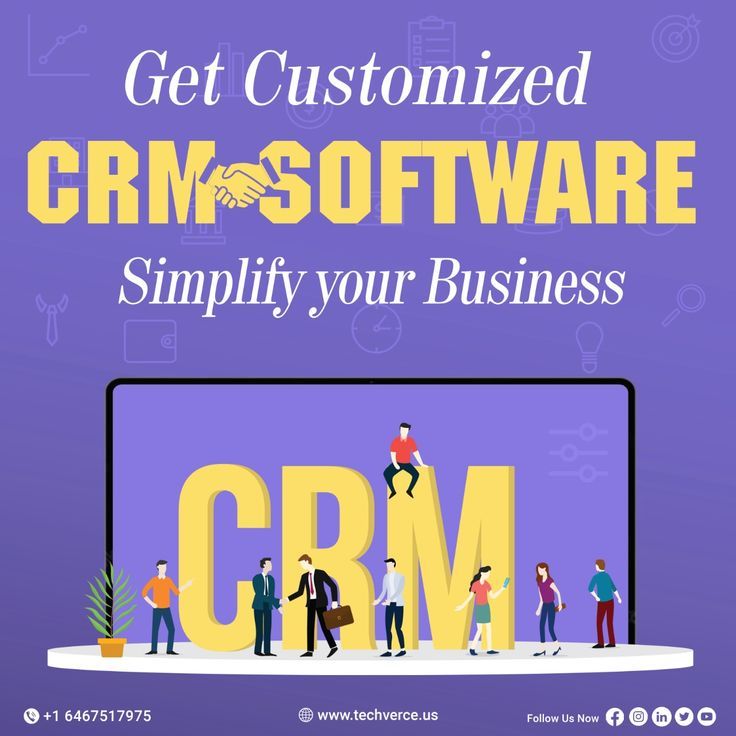
CRM for Startups: Building Strong Foundations
Customer Relationship Management (CRM) is no longer a tool exclusive to large enterprises with extensive customer bases and vast resources. For startups, implementing a robust CRM system can be a game-changer, providing the foundation for sustainable growth, streamlined operations, and exceptional customer experiences. Here’s why CRM is crucial for startups and how to build a strong CRM foundation.
Why Startups Need CRM
- Efficient Customer Management: Startups often operate with lean teams, making it challenging to manage customer interactions effectively. A CRM system centralizes customer information, making it accessible and manageable. This ensures that no customer query or lead falls through the cracks, enhancing overall efficiency.
- Personalized Customer Interactions: In a competitive market, personalized customer interactions can set a startup apart. CRM systems store detailed customer data, enabling startups to tailor their communications, recommendations, and services to meet individual customer needs, fostering loyalty and satisfaction.
- Streamlined Sales Processes: Startups need to convert leads into paying customers quickly to sustain their growth. CRM systems streamline the sales process by automating tasks, tracking leads, and providing valuable insights into sales performance. This helps sales teams work smarter and close deals faster.
- Data-Driven Decision Making: In the early stages of a business, every decision matters. CRM systems offer analytics and reporting tools that provide insights into customer behaviors, sales trends, and marketing effectiveness. These data-driven insights empower startups to make informed decisions that drive growth.
- Scalability: As startups grow, so does their customer base. A scalable CRM system can adapt to this growth, ensuring that customer management processes remain efficient and effective. This scalability is crucial for sustaining long-term growth without overhauling existing systems.
Building a Strong CRM Foundation
- Identify Your Needs: Before selecting a CRM system, startups should identify their specific needs and goals. Consider factors such as the size of the customer base, the complexity of sales processes, and the desired features (e.g., email marketing, social media integration, customer support). This clarity will guide the selection process.
- Choose the Right CRM: There are numerous CRM solutions available, each with its strengths. For startups, affordability, ease of use, and scalability are key considerations. Solutions like HubSpot CRM, Zoho CRM, and Salesforce Essentials offer robust features tailored for growing businesses.
- Focus on Integration: A CRM system should integrate seamlessly with other tools and platforms that the startup uses, such as email marketing software, e-commerce platforms, and social media channels. This integration ensures a cohesive workflow and eliminates data silos.
- Train Your Team: The effectiveness of a CRM system depends on how well it is used. Provide comprehensive training to your team to ensure they understand how to use the CRM effectively. Encourage them to leverage the system for managing customer interactions, tracking sales activities, and generating reports.
- Maintain Clean Data: Data accuracy is critical for CRM success. Implement processes for regularly updating and cleaning customer data to avoid inaccuracies that could affect customer interactions and decision-making. Encourage your team to enter data consistently and promptly.
- Monitor and Optimize: Continuously monitor the performance of your CRM system and gather feedback from your team. Use this information to identify areas for improvement and optimize the system accordingly. Regularly reviewing and adjusting your CRM practices will ensure that they remain aligned with your business goals.
Conclusion
For startups, a CRM system is more than just a tool for managing customer relationships; it is a strategic asset that can drive growth and efficiency. By selecting the right CRM solution, integrating it effectively, and maintaining accurate data, startups can build a strong foundation for long-term success. Embracing CRM early in the business journey sets the stage for scalable operations, personalized customer experiences, and data-driven decision-making, all of which are crucial for thriving in a competitive market.